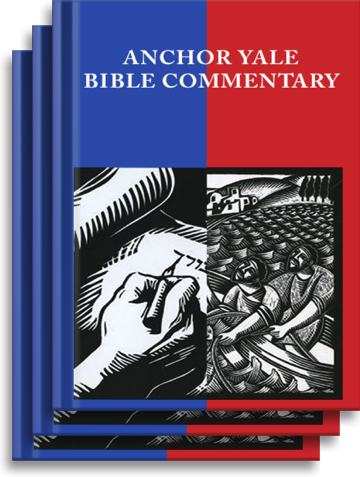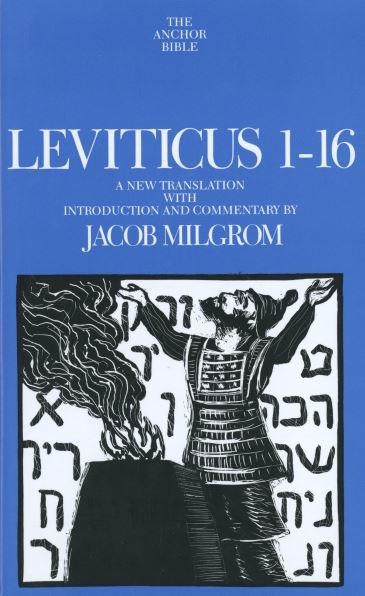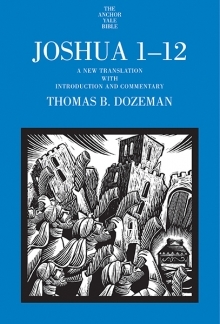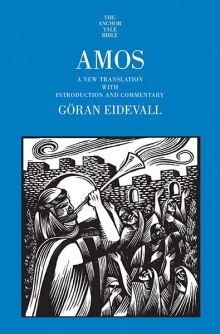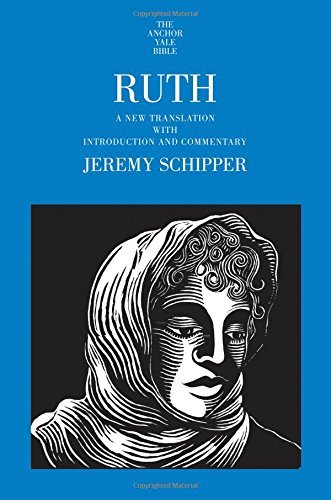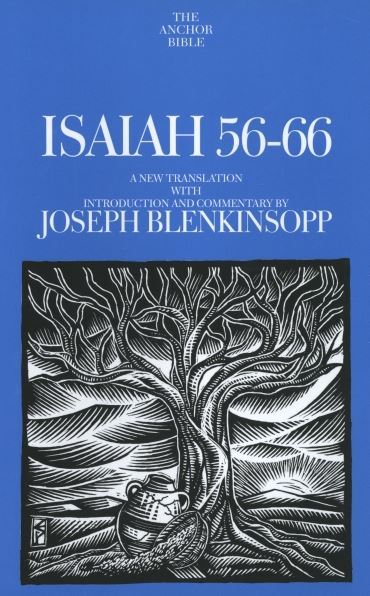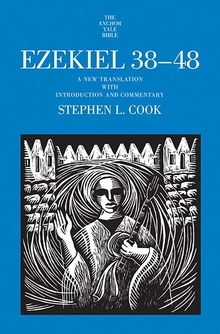



Deuteronomy 1–11 is here presented in a groundbreaking new translation, with a comprehensive introduction and thorough commentary by world-renowned Israeli biblical scholar Moshe Weinfeld. The “second law,” Deuteronomy portrays Moses as the founder and great lawgiver of Israel. In a series of addresses, Moses reviews his life and the life of God’s people. He reminds them of the guiding hand of God, which has brought them thus far along the way, and will bring their Exodus and Wanderings to a triumphal conclusion in the Holy Land.
Through a beautiful translation and insightful comments in this first of two volumes on Deuteronomy, Weinfeld reinvigorates the basic laws of society with their life-giving power: the Shema (“Hear O Israel, the Lord is our God, the Lord is One”) and the Great Commandment (“You shall love the Lord your God with all your heart, and with all your soul, and with all your might”). These laws govern Israelite religious and communal life under God’s guidance.
Moshe Weinfeld is the foremost commentator on the Deuteronomist and the Deuteronomic School. He is Professor of Biblical and Ancient Near Eastern Studies at the Hebrew University of Jerusalem.
THE ANCHOR YALE BIBLE COMMENTARY SERIES is a project of international and interfaith scope in which Protestant, Catholic, and Jewish scholars from many countries contribute individual volumes. The project is not sponsored by any ecclesiastical organization and is not intended to reflect any particular theological doctrine.
The Anchor Yale Bible is committed to producing commentaries in the tradition established half a century ago by the founders of the series, William Foxwell Albright and David Noel Freedman. It aims to present the best contemporary scholarship in a way that is accessible not only to scholars but also to the educated nonspecialist. Its approach is grounded in exact translation of the ancient languages and an appreciation of the historical and cultural context in which the biblical books were written supplemented by insights from modern methods, such as sociological and literary criticism.
